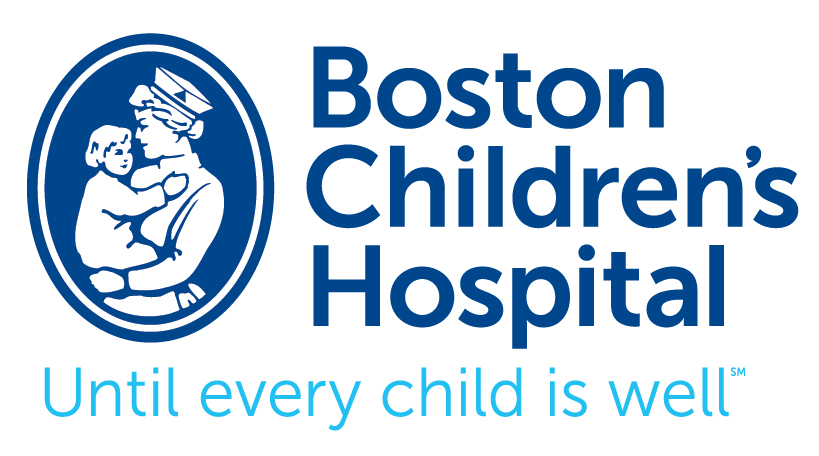US legislative initiatives to increase pediatric drug development
Our overview of the following legislative programs, published in NEJM.
BEST PHARMACEUTICALS FOR CHILDREN ACT (BPCA)
BPCA was implemented in 2002 and provides an incentive for pharmaceutical companies to perform pediatric studies and improve the pediatric labeling of selected drugs and biologics. More on BPCA
PEDATRIC RESEARCH EQUITY ACT (PREA)
Under PREA, the FDA can require study of certain drugs and biologics in children using appropriate pediatric formulations. PREA was passed in 2003 and was the first legislation to explicitly require that drugs and biologics developed for adults also be studied in children. More on PREA
Analyses of this legislation by our group, published in JAMA, JAMA Pediatrics, and Pharmacoepidemiology and Drug Safety.
RARE PEDIATRC DISEASE PRIORITY REVIEW VOUCHER
This program was designed to promote the development of new drugs and biologics for the prevention and treatment of rare diseases affecting primarily children. It was authorized in 2012 and extended through 2020. More on Rare Pediatric Disease Priority Review Program
Our analysis of this program, published in Health Affairs.
RESEARCH TO ACCELERATE CURES AND EQUITY (RACE) FOR CHILDREN ACT
The RACE Act, approved in 2018, requires pharmaceutical companies developing oncology products for adults to also develop these drugs for children if the molecular target of the drug is relevant to a children’s cancer. More here and here on RACE for Children Act
Our analysis of this Act, published in Journal of the National Cancer Institute.
US legislative initiatives to increase pediatric device development
PEDIATRIC MEDICAL DEVICE SAFETY AND IMPROVEMENT ACT
This 2007 legislation was passed to incentivize pediatric medical device development and increase the number of medical devices that have been studied in children and are specifically labeled for use in this population. Read more
Analysis of this act by our group, published in Pediatrics
